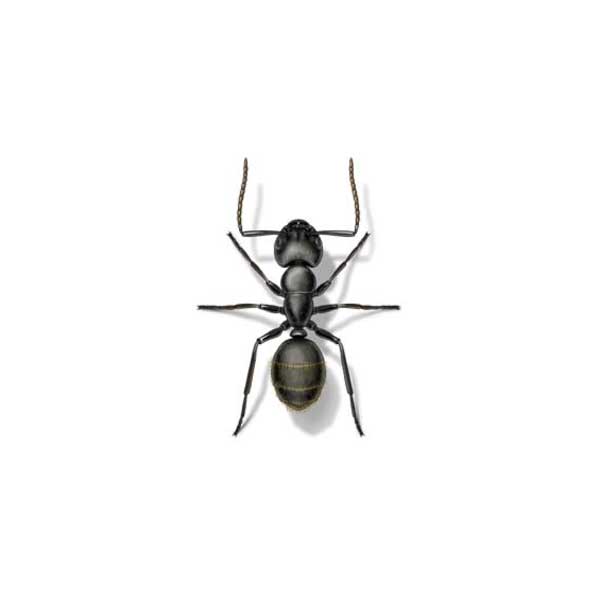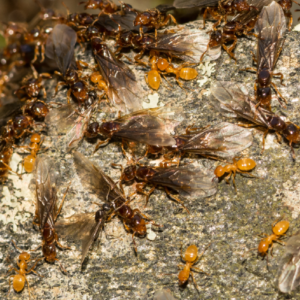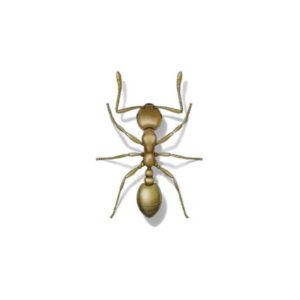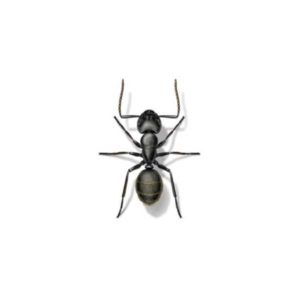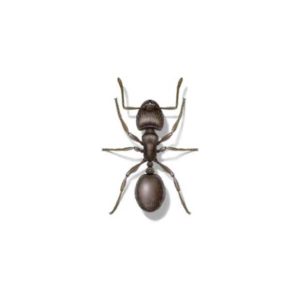Carpenter Ants in Iowa
Sometimes confused with termites, carpenter ants are wood-destroying pests. In Iowa, carpenter ants tunnel through wood, destroying the structural integrity of homes and businesses. These ant pests do not consume and digest wood, but instead, burrow through the wood to create galleries to raise their young. Over a period of time, they can seriously damage wood, reducing solid structures to hollow shells. Seeing ants along interior window sills, crawling out of holes or crevices in structures, or hearing faint rustling noises in walls are both indications of a carpenter ant infestation.
Carpenter Ant Habitat
Attracted to areas of moisture, carpenter ants prefer to build nests in damp, decaying wood. They feed on a variety of foods but prefer the sugary honeydew excreted by plant-sucking insects. Colonies of carpenter ants access homes through cracks around doors and windows, gaps, wires, or straight through wet, damaged wood. In homes and businesses, carpenter ants infest construction materials such as foam insulation or wood. Carpenter ants will infest any area in a structure where wood and water come together, producing rotting wood. Moisture issues in homes or businesses are generally associated with carpenter ant activity.
Carpenter Ant Behaviors, Threats, or Dangers
Even though carpenter ants rarely bite and are not usually thought of as dangerous, they are serious structural pests. Their tunneling activity weakens and destroys the structural integrity of homes and businesses. Carpenter ants swarm in spring in order to mate and establish new colonies. Seeing winged, flying ants in your home is a sign of an infestation. Although not as destructive as termites, if left unchecked, carpenter ants can damage homes and valuable wood items within them. If a carpenter ant infestation is suspected, it is best to contact a professional ant exterminator.

